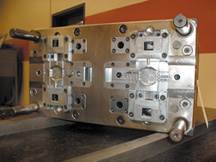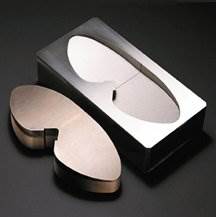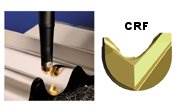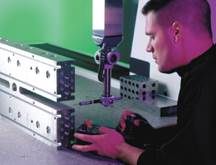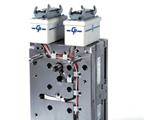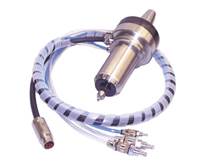FAQ
Basic Tips for Safe Machining
Whether you are a novice or a moldmaker with more than 20 years under your belt, it never hurts to take a moment and review some of the basic steps of safe machining. The Canadian Centre for Occupational Health and Safety offers tips on keeping safe.
Read MoreMold Building for Metals
Designing a mold for MIM is no easy task - tight tolerances and paying the utmost attention to intricate details are just the tip of the iceberg.
Read MoreHow To Locate the Right Polishing and Plating Vendor
When it comes to polishing and plating, decide what your company needs most and then research your options.
Read MoreHow to EDM Large Surfaces Through Diesinking
A new technology allows moldmakers to control the EDM process and to ensure a uniform surface finish.
Read MoreHow to Choose the Right Hardware for Your Software
MoldMaking Technology magazine conducted an informal survey to discover what is both the minimum and recommended hardware requirements that will work best with a moldmaker's CAD/CAM software.
Read MoreHow to Work Better, Faster and Cheaper
While moldmakers may have difficulty competing with foreign markets on cheap labor, they can compete by finding new ways to build molds faster and cheaper with high-quality results.
Read MoreHow to Control Excessive Tool Wear
By calculating feeds and speeds properly, moldmakers can reduce tooling costs, have less machine downtime and see less scrap due to worn tools.
Read More7 Key Advantages of Hot Runner Systems
While both hot runner and cold runner systems have their benefits, for design flexibility as well as reduced cycle times and costs, hot runner systems will probably be the better choice.
Read MoreHow to Stay Out of the ERP Trap
A fully integrated ERP software system can mean the difference between profit and loss in the toolroom.
Read MoreHow to Lower Leadtimes Through Spindle Retrofits
By adding a secondary high-speed spindle to their machining centers, moldmakers can gain higher speeds at a lower cost.
Read More
